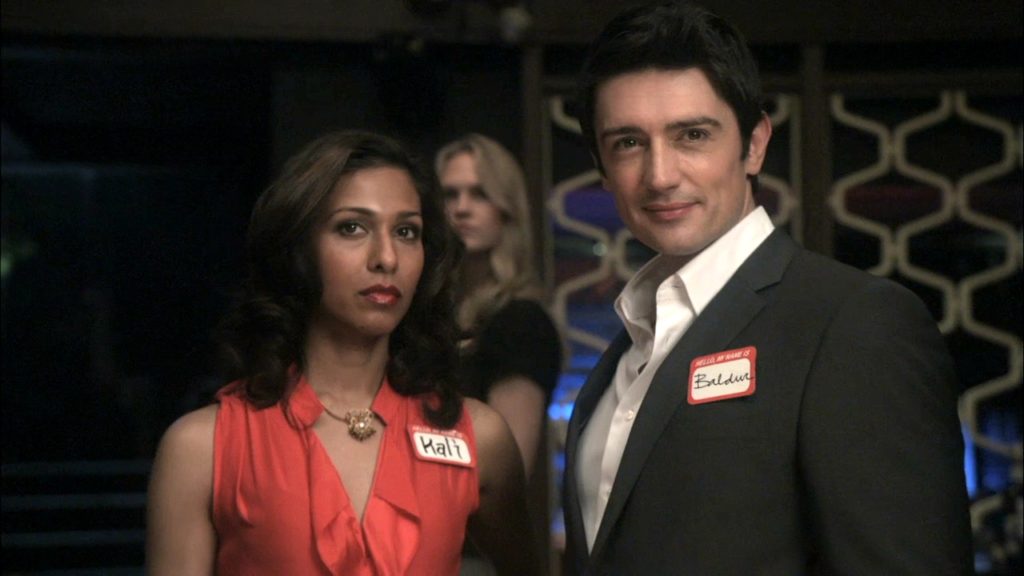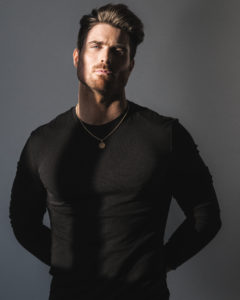
As one of the male suitors of the fictional dating series “Everlasting,” Marcus Rosner is tapping into parts of his Northern Alberta upbringing to bring good ol’ boy Warren to life in Season 3 of “UnREAL.” While the jury is still out as to whether or not the fan base will be rooting for Warren to come out the romantic victor of the show within a show, each of the beaus-to-be will have their closet skeletons revealed in good time, proving that maybe it’s not such a bad thing that love, as they say, is blind.
We recently sat down with Rosner to discuss what it’s like joining a successful series three seasons in, how Alan Jackson helped him tap into his country-bred character, and why “Supernatural” has one of the best set atmospheres in the biz.
TrunkSpace: You’ve joined the cast of the Lifetime series “UnREAL” in its third season, which kicked off this week. When you’re joining an existing show with an established on-set atmosphere, do you feel a bit like the new kid going to a school where everybody already knows everybody else? How long did it take you to feel at ease in the job?
Rosner: Yeah, you kind of do honestly, but with this show, you get a whole freshman class you’re a part of because while the main cast is always there, each new season requires a whole cast of suitors and in this case, one suitress. And we actually outnumber them as well, so you have the comfort of not being alone in that situation. Besides that, you end up spending so much time around everyone, main cast and new, given the ensemble format of the show, that you figure out who you vibe with pretty quickly and it’s easy to relax within the first few days. I imagine in the case of this show, with all the turnover, each new season establishes its own on-set atmosphere.
TrunkSpace: In terms of the work itself, it must be very exciting to join a show with an existing fan base. So many of the “Will they be watching?” questions are removed from the experience, which must be nice knowing that your performance will be seen?
Rosner: That’s not really something I put a whole lot of thought into personally. I’ve always just enjoyed the work and some of my favorite experiences and performances have come in projects that very few people have ever seen. But, if I’m being honest, there has definitely been more excitement about this project than I have experienced before – you can feel the growing anticipation for the show to return after so long. Not to mention it’s kind of a cult hit within the entertainment industry itself from what I’m told. So that doesn’t hurt.
TrunkSpace: Now, whether the character himself will be embraced by the fan base remains to be seen, but from what you know of Warren, is he someone who the viewers will accept?
Rosner: Warren may slide under the radar a little at first until he makes his presence known in a big way. He’s certainly a very principled man but some of his beliefs that come out down the line may rub certain people the wrong way. It’ll be interesting to see what kind of response he gets. This show has a way of bringing the demons out of all its characters and there are very few exceptions.
TrunkSpace: From a performance standpoint, did Warren offer something new in terms of a type of character you have yet to play? What was it about him that you were most eager to dive into?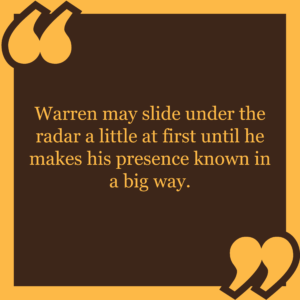
Rosner: I grew up in Alberta, Canada around farms and country music and never really involved myself in either, so in a way, this was a nice opportunity to get in touch with those things. I drove to set every day listening to Alan Jackson to get my accent dialed in and I loved wearing a cowboy hat all the time. It was really easy to find the identity of Warren, how he walks, how he sees things. I don’t know, maybe it’s in my blood. I’ve played a few cowboys in the past but never with a full-fledged accent like Warren. One of the things that I was always interested to figure out was how someone like him, being from a much more conservative area of the country and holding really traditional beliefs, would perceive all the sex, lies, and videotape going around on “Everlasting.” That was a lot of fun.
TrunkSpace: When you’re presented with a new character, what is your method of personal discovery? How do you go about finding who that person is and how to portray him moving forward?
Rosner: Well, in life everybody wants something. I think (and I’ve been taught) that whether it’s conscious or sub-conscious you can boil down everyone’s driving force to one clear objective. In Warren’s case, his mom is dying and he wants to make her happy. He wouldn’t normally ever be the type to do something like go on a reality dating show, but momma wants him to settle down and he’s desperate to put her mind at ease before she goes and there aren’t exactly a whole lot of female suitors on his ranch. So given that circumstance, plus his upbringing as a conservative, he wants to find love but also maintain his principled beliefs, which on the “Everlasting” set is a near impossible task. So I really just keep those circumstances in mind and that overall objective when going into any scene, and from there it’s pretty easy to figure out how my character would maneuver any situation to eventually achieve that greater goal. I’ve been working with the Chubbuck technique a lot recently and a lot of this comes from that.
TrunkSpace: You’re doing a number of episodes of “UnREAL.” Is it fun to learn new things about a character as scripts come to you, or do you prefer to have as much of the picture painted before you shoot a particular project?
Rosner: Just about every actor, if given the choice, would have the entire story given to them up front. That’s one of the reasons films are such sought-after projects. When you have the whole story, you can develop a much more defined arc for your character and make more detailed choices along the way, but it’s definitely exciting to sit down with a new episode script for the first time and see what new information you will be given about a character you feel such ownership over. The fun really comes from justifying whatever insane behavior happens to take place in the script. Like, why would my character do this? How do I learn that? Once you find that you know how to play it.
TrunkSpace: You’ve starred in a number of Hallmark Channel movies over the course of your career. One of the fascinating things about the Hallmark Channel brand is that it has a very loyal following, and in fact, a fandom known as the Hallmarkies. Would you say that the Hallmarkies rival some of the more well-known fandoms from the science fiction and fantasy genres? Have you felt the Hallmarkies presence either in person or on social media?
Rosner: The Hallmark Channel has been very good to me over the years. In Vancouver where I started acting, they shoot dozens and dozens of films each year, so there is a lot of opportunity to work on their projects. My first major role on their network came as the “other man” in a love triangle on the second season of their hit show “When Calls the Heart.” I fully expected the audience to hate me for coming in between their two leads but the response I got on social media and in person from fans was about as kind as you could ask for. I mean, they hated my character but they couldn’t have been sweeter to me outside of the show. They are passionate fans but they take care of their own.
They’ve gone on to support me in any other projects I’ve been a part of across many different networks and shows. One thing that I think differentiates that fan base from others is that they feel a genuine friendship with many of the actors who appear regularly on their network, I have a few that I message with every once in a while just to keep in touch and see how they’re doing because they’ve been so supportive and I know other actors that have the same connection with them as well.
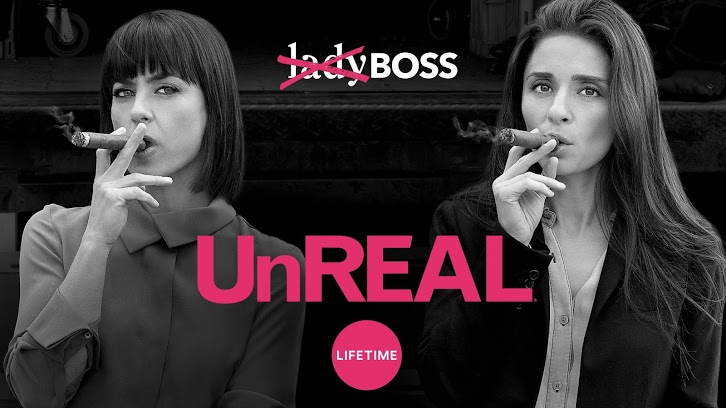
TrunkSpace: Hallmark Channel productions are known for being very efficient. Has working within that fast-paced scheduling allowed you to sort of be prepared for anything that comes at you, particularly in the world of television?
Rosner: (Laughter) Absolutely. The pace these films shoot at can rival just about anything. You need to show up with all your lines locked in because things can get moved around on any given day, you can shoot parts of different scenes altogether and can receive rewrites at the last second, so you need to be a quick study. It certainly helps build that muscle that you use in auditioning where you need to pick up words quickly and be ready to put them on film the next day.
TrunkSpace: Speaking of fandoms, you also guested on an episode of “Supernatural,” a series that is currently in its 13th season. Is it kind of a right of passage for actors based in Canada to pass through the “Supernatural” universe?
Rosner: (Laughter) Yep. Especially if you’re living in Vancouver where it shoots. They’ve been on for so long and have cast so many roles over the years that most actors I know have had the opportunity to work on their show. One thing I will say about that show and specifically that set is it’s one of the nicest atmospheres and most well run shows in the business. And Jared (Padalecki) and Jensen (Ackles) seem to have mastered this ability to lead by example. You can see them making the effort to make guest actors comfortable and at home so they can do good work. Can’t say enough good things about my experience on that show.
TrunkSpace: Aside from “Supernatural,” you’ve also guested in series like “Once Upon a Time” and “Arrow.” Is there a character, even someone you only tackled for a single episode, that you wished you had more time to explore, and if so, why?
Rosner: I wish I had more time playing Max Fuller on “Arrow.” It was the second professional gig I ever had, only their third episode, and the show hadn’t even premiered yet. I knew from reading the pilot script the show would become a hit. I look back at my short performance on the show and wish I had more opportunity to see what kind of rivalry existed between him and Oliver Queen.
TrunkSpace: We read that it was a trip to Broadway that cemented your desire to be an actor. What was it about that first experience sitting in the audience that made you say to yourself, “I want to do that!”?
Rosner: I had always wanted to visit NYC and so when I graduated my Mom took me on a trip there as a sort of graduation gift. We saw a few shows and something about just sitting within reach of these performers made it tangible to me. Coming from Northern Alberta, the entire entertainment industry was a foreign concept to me. Seeing these actors and being in the same room as them made it seem a little more real – like I could reach out and grab it if I could just learn the craft. And that’s what I’ve been pursuing ever since.
Season 3 of “UnREAL” airs Mondays on Lifetime.
Featured image by: Lane Dorsey


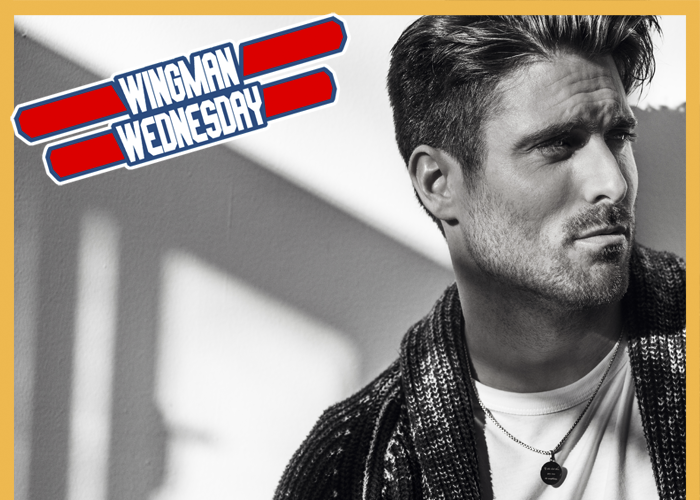

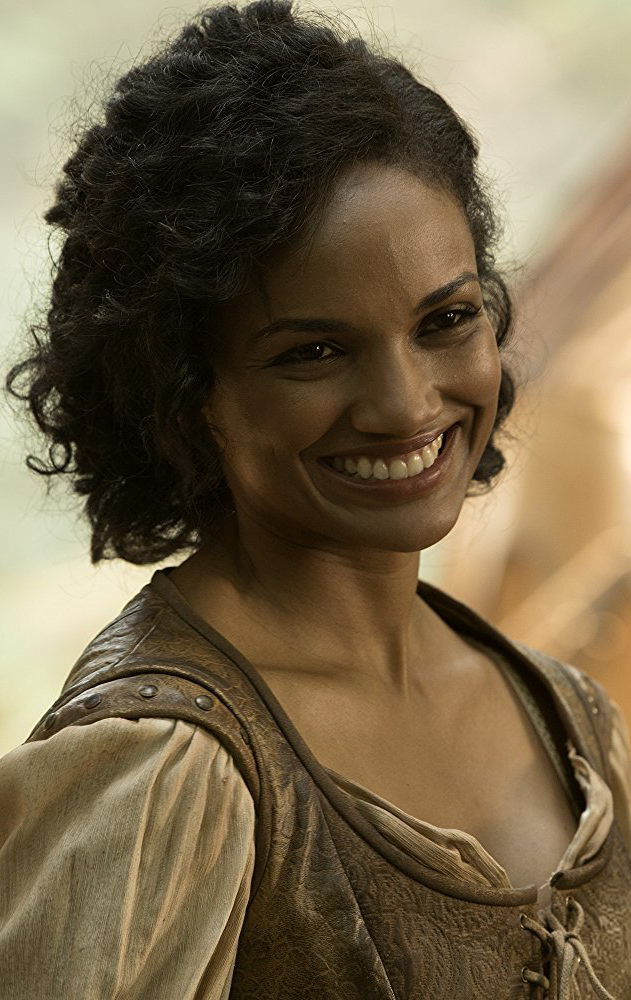 Once upon a time there lived a television series that brought together viewers both near and far for seven magical seasons. Many imaginative storylines were conceived with characters of whimsical origins. Laughs were had. Tears were shed. A fandom was born.
Once upon a time there lived a television series that brought together viewers both near and far for seven magical seasons. Many imaginative storylines were conceived with characters of whimsical origins. Laughs were had. Tears were shed. A fandom was born.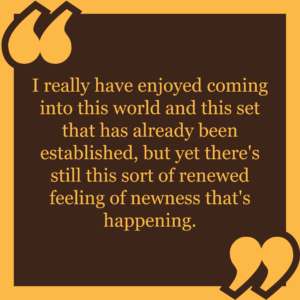 the journey with these characters for years, and now they’re going on the journey with you and your character Princess Tiana.
the journey with these characters for years, and now they’re going on the journey with you and your character Princess Tiana.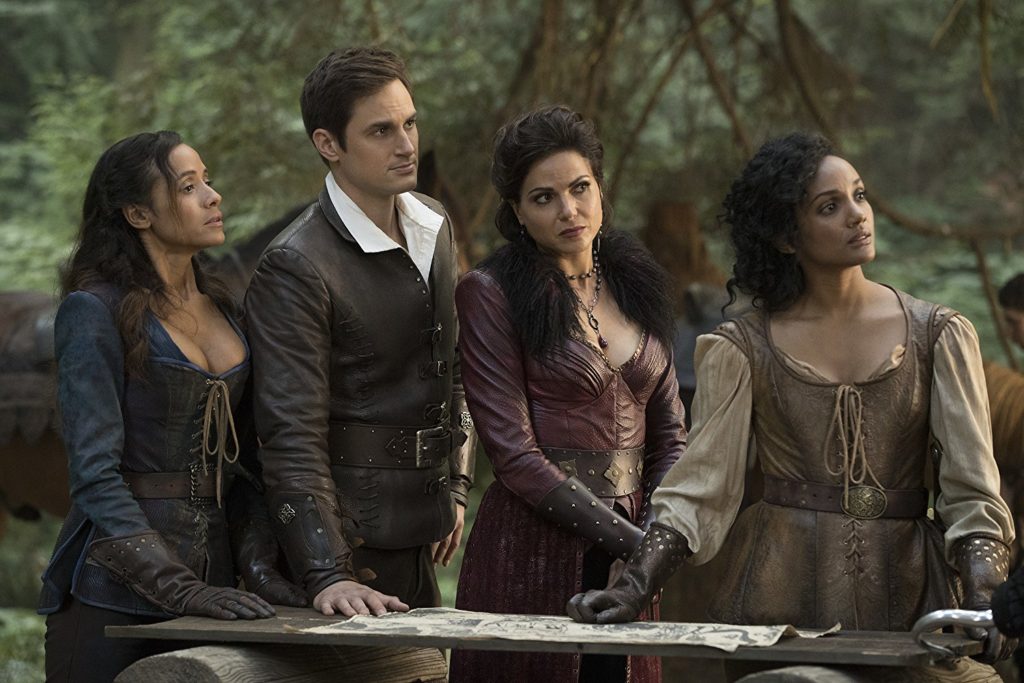
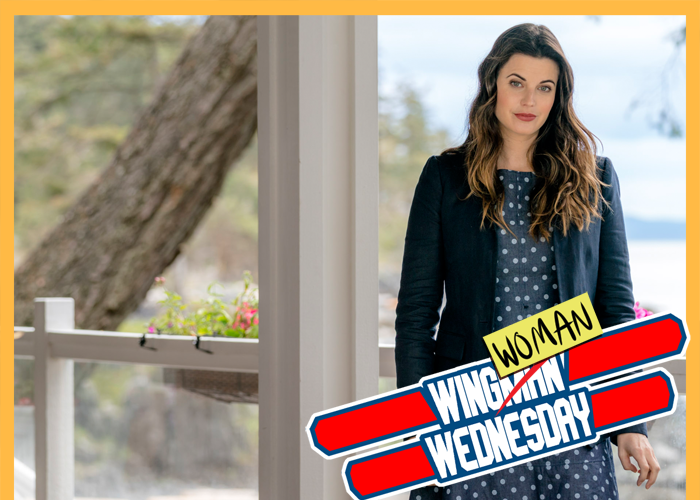
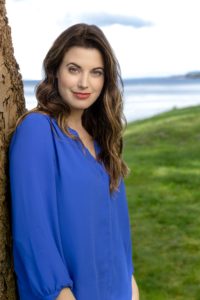
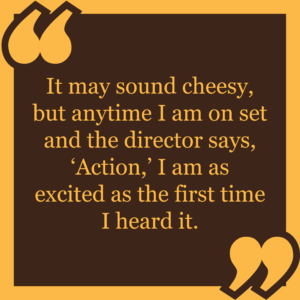 and “This Is Us,” it is really nice to be able to delve into the details of these characters. I think it allows us as the actors and the audience to become intimate with these characters and spend time with people you enjoy.
and “This Is Us,” it is really nice to be able to delve into the details of these characters. I think it allows us as the actors and the audience to become intimate with these characters and spend time with people you enjoy.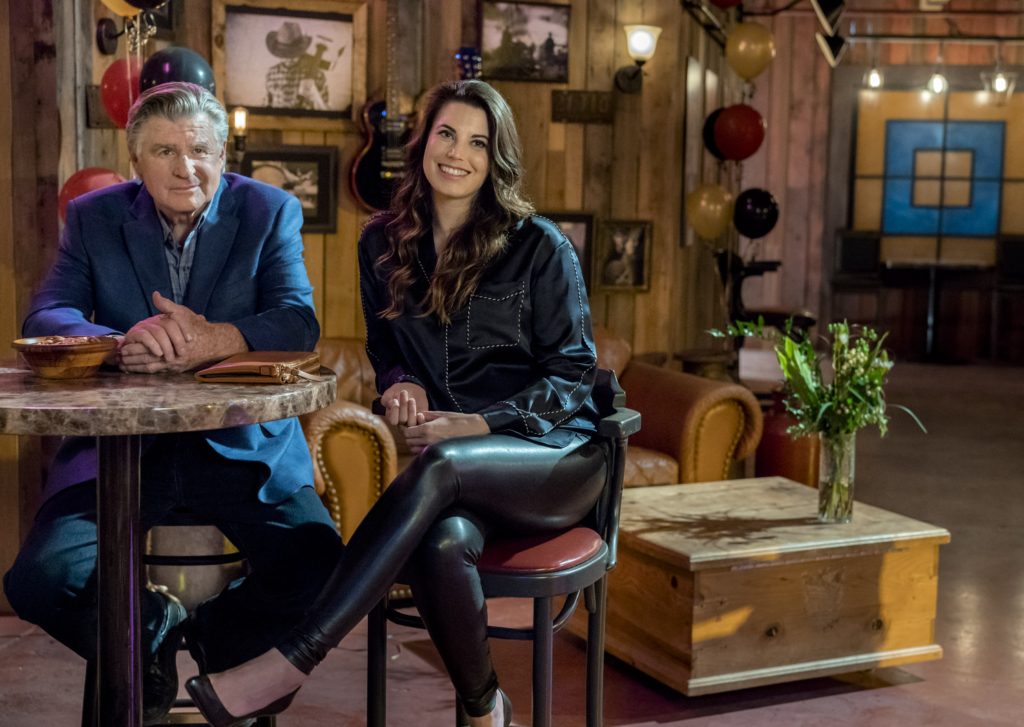
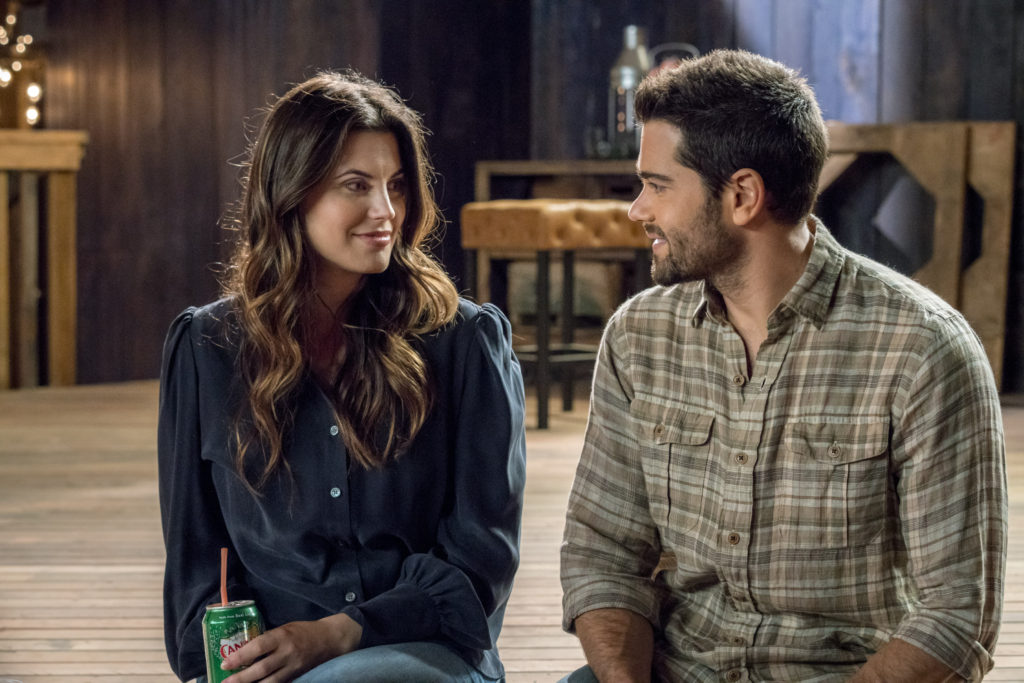
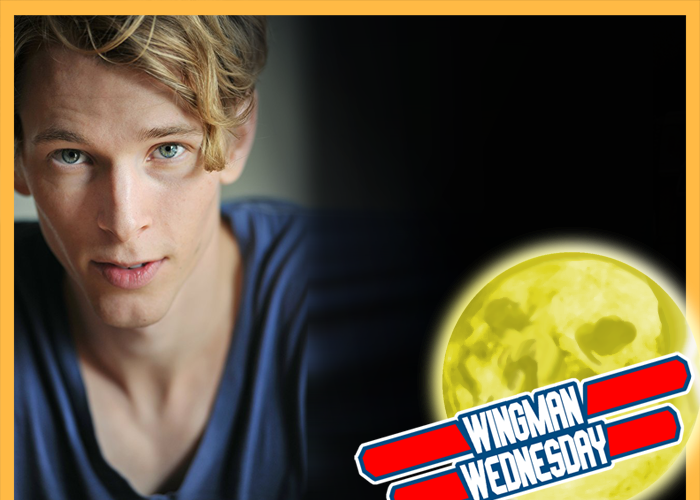
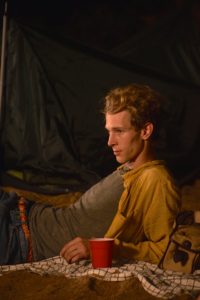
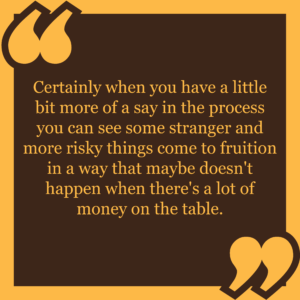

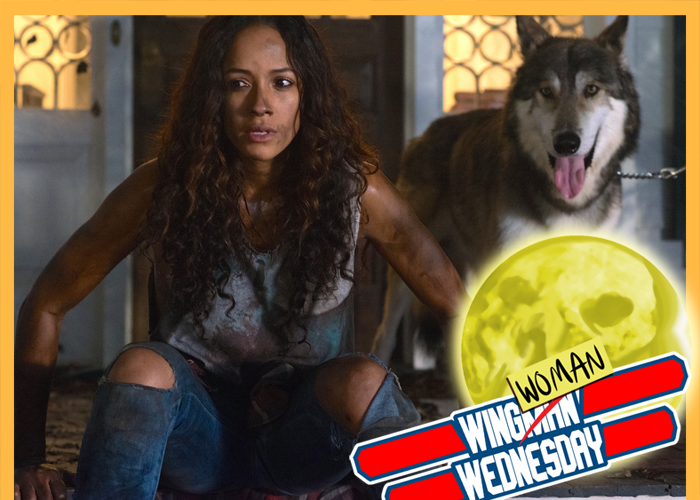
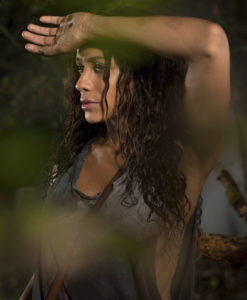
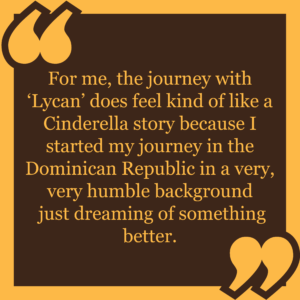
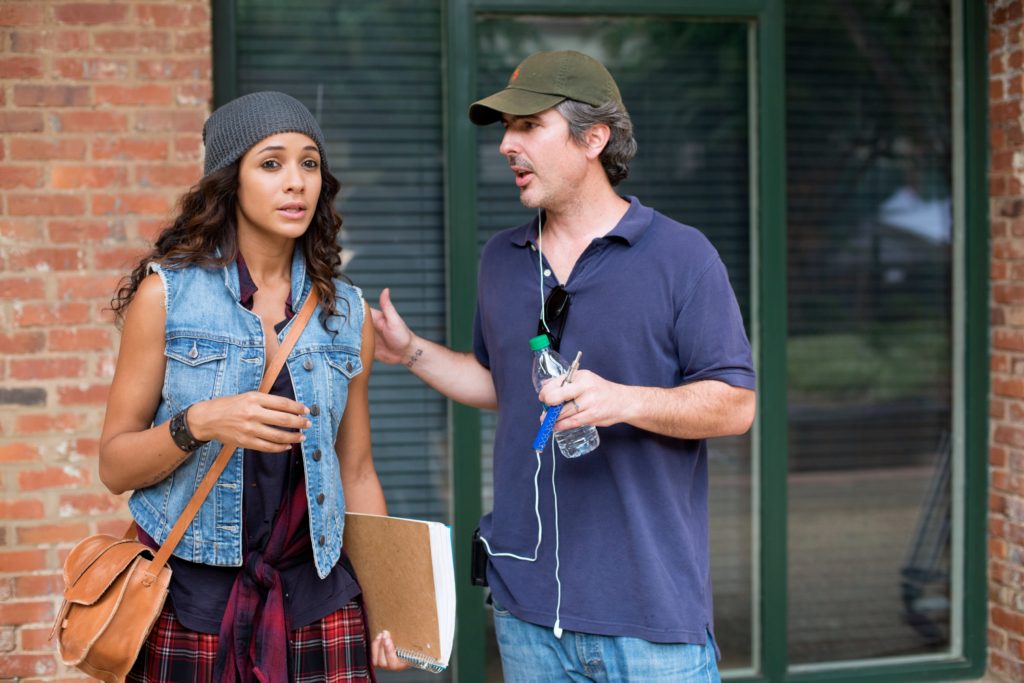
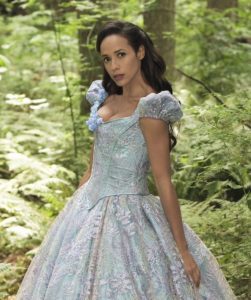
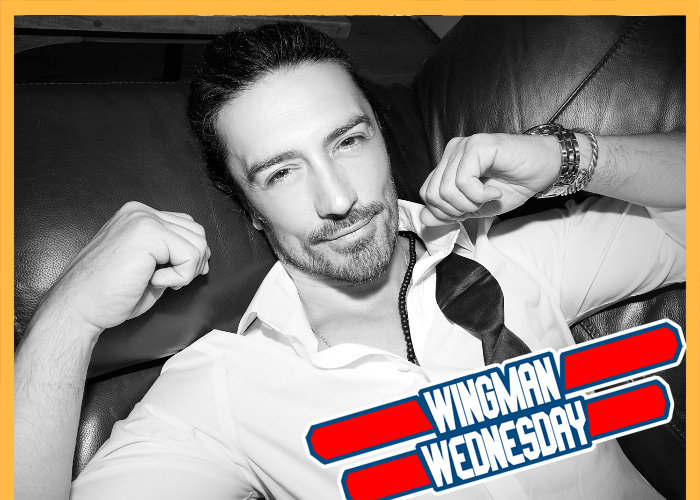
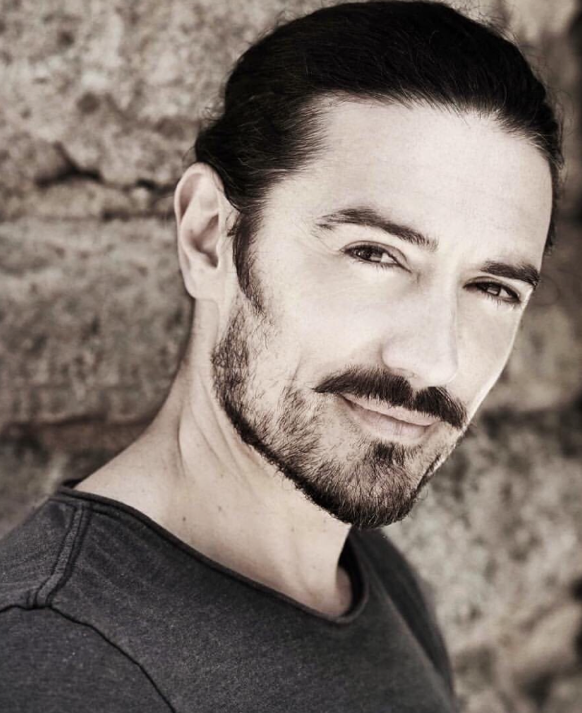

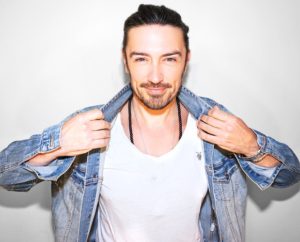 But that’s an interesting challenge for the actor because you have to come to work, as I hope one always would, very prepared. You have to be ready to deliver the goods almost instantaneously. And if you get a second take or a third take or a fourth take, if you’re lucky, you have a few ideas in mind to try things. You have to almost train like an athlete to do that type of acting.
But that’s an interesting challenge for the actor because you have to come to work, as I hope one always would, very prepared. You have to be ready to deliver the goods almost instantaneously. And if you get a second take or a third take or a fourth take, if you’re lucky, you have a few ideas in mind to try things. You have to almost train like an athlete to do that type of acting.